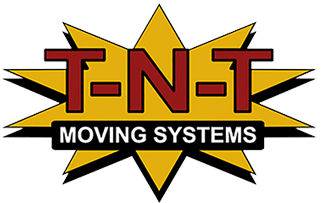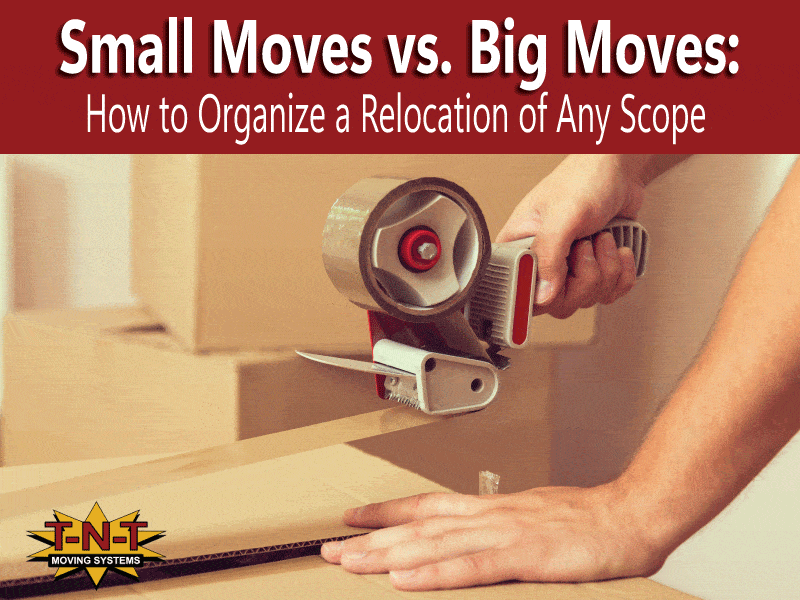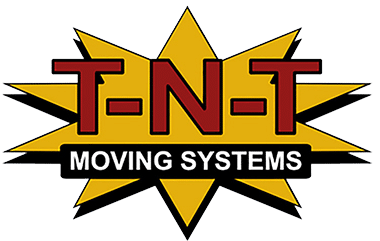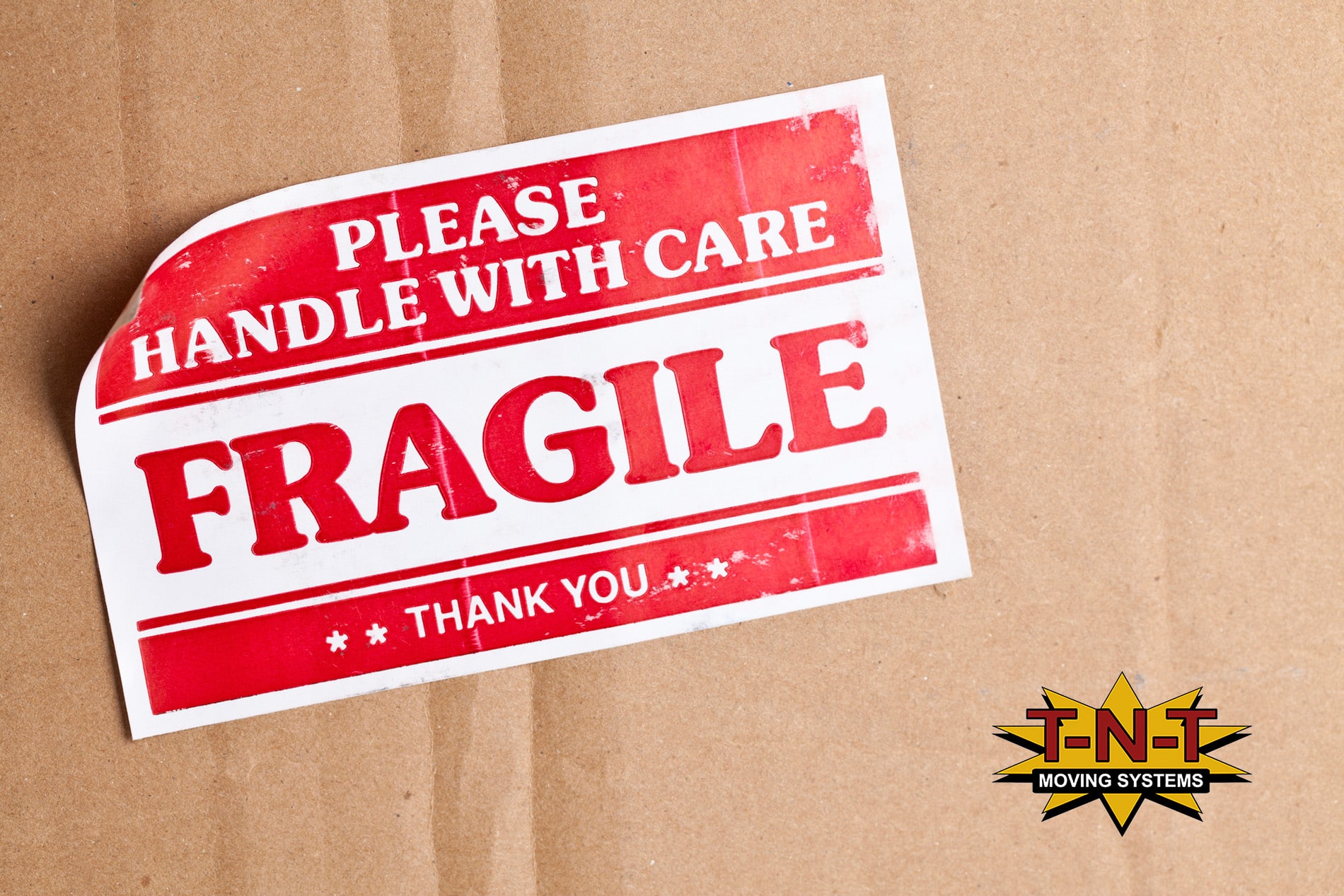Small Moves vs. Big Moves: How to Organize a Relocation of Any Scope
Whether you’re moving to the next street or across the country, any relocation is significant because it involves a lot of work. You must make a detailed plan, buy supplies, pack up your home, and decide what to do with your stuff. You must arrange dates and times with family members, friends, movers, and anyone else helping you get your belongings from A to B.
You also must ensure your family and yourself have everything you need during the transition and notify organizations and businesses about your address change. And that’s just the beginning.
While both require diligent planning and hard work, there are critical differences between a “small” and “big” move. And you’ll need to approach your relocation accordingly to cover all the bases. Below, we’ll discuss what distinguishes a small move from a big move and provide simple tips for navigating the process!
What Is a Small Move?
Professional movers typically refer to shipments under 2,000 pounds as a small move. Here are some of the most common examples of a minor relocation:
Local Move
If you’re moving down the street (within the same neighborhood), you can call it a small move, even if you’ll be transporting all of your household belongings. These residential moves are more accessible and convenient than moving to a different city or state.
If transporting more than 2,000 pounds of items, you may need to pay some of the “big move” fees. However, you could always rent a truck if your new home is just a block or two away. You’ll need to check with your moving company whether they consider your relocation a small or big move.
Transporting Specialty Items
Many minor relocations involve one or more large specialty items. These belongings may need to ship separately with the assistance of a professional moving company that specializes in packing and transporting items like:
- Pianos
- Large appliances
- Artwork and other valuables
- Bathtubs
- Pool tables
If you’re relocating a piano, research movers in your area that specialize in nothing but pianos. They will have the experience and equipment necessary to move your instrument safely and securely. Some people move pianos themselves. But it can be a strenuous and complex process that leads to injury to the person or damage to the piano.
Moving to College
Perhaps the best example of a small move is when a student moves into a college dorm. Most college-bound kids don’t take an overwhelming number of belongings with them upon moving out, and most dorm rooms provide a bookshelf, desk, bed, kitchen appliances, and other essentials.
In other words, you don’t need to pack and ship furniture and other large items. Students can stick to smaller things like their toiletries, clothes, school materials, bedding, and entertainment devices.
Moving to an Apartment
Another typical small move is when you relocate to a small apartment, such as a studio or a one-bedroom. You could even call it a micro-move if you’re only moving a few small items and ordering furniture and appliances for delivery later.
You can only fit so many things into a small apartment, and most residents don’t transport more furniture and boxes than a small truck can carry. TNT Moving Systems can take care of your relocation, no matter the scope. But if you’re able and have the time, you might consider renting a cargo van or truck for your apartment move.
What Is a Big Move?
We’ve mentioned that relocation involving more than 2,000 pounds of belongings can be considered a big move. Let’s dive into a little more detail about what constitutes a large or long-distance relocation:
Moving Long-Distance
Though it depends on the specific state, most in-state moves are not considered long-distance. If you’re moving from the Blue Ridge Mountains to the North Carolina coast, you need to check with your moving company to determine how they will evaluate it.
However, the consensus is that a move of more than 400 miles is long-distance or long-haul. The sheer distance means that transporting items is a more complex process. And movers who facilitate these relocations must have additional qualifications and licenses.
Moving companies must securely pack items to reduce the risk of damage during long road hours, requiring special skills, experience, and equipment. That’s why long-distance relocations are more expensive than local moves.
Moving to a Large Home
In most cases, relocating to a larger home is a big move. Moving to a larger property in a different state (or on the other side of the country) is an even bigger move!
Most people upsize their homes because their current homes don’t provide enough living space. You may have loved your studio apartment as a single person, but when you meet your significant other and talk about growing your family, you’ll need to jump to a two-bedroom house or apartment sooner than later.
Insufficient storage space is another common reason for upsizing your home.
Committing to a large-scale decluttering project might put a band-aid on the problem. Still, if you simply have too many things for your living environment, you’ll eventually need to get a larger home or a storage unit.
People also buy houses to improve their financial stability. If you reach the place on your financial journey where you can afford a down payment and a monthly mortgage, purchasing a house can be one of the best investments you make. You will have more living and storage space and gain a valuable asset that makes you money in the long run.
Be sure to consider professional moving services as you evaluate your home purchase and living budget. Large-scale moves are not something to take on by yourself!
Moving an Office
If you’re a business owner or leader planning to relocate your company to a new location, you’ll need to prepare for a big move. Moving an entire organization is complicated and laborious, regardless of whether you’re staying local or moving to a different state.
Considering all the equipment that needs to be transported as you determine how to handle the logistics and communicate with your staff, hiring a team of experts like TNT is essential. Plus, you’ll need professionals to free up as much time as possible for you to focus on keeping your business running and thriving during the transition.
How to Navigate a Move
So, you know whether you’re planning a small or big move. Let’s talk about how you can set yourself up for success and navigate any obstacles along the way:
Set a Budget
Your first step is researching potential expenses and creating a detailed budget outlining your financial expectations. A relocation of any scope costs money, even if you go the DIY route. You can use an online moving cost calculator and a budgeting app to simplify the process.
The magnitude and distance of your relocation will influence the total costs, but here are some ordinary moving expenses to consider:
- Professional moving services
- Moving containers
- A moving truck
- House cleaning services
- Packing and moving supplies
- Travel (e.g., lodging, transportation, food, etc.)
- A self-storage unit
- Repairs to your current and/or new home
- Storage, moving, and home insurance
Save all your receipts since you can deduct some of your expenses from taxes. You can also qualify for tax deductions when relocating for work.
Declutter Your Stuff
The last thing you want to do is invest time, energy, and money in transporting belongings that you’ll never end up using. Generally, you probably won’t need or want an item again if you haven’t used it within the past year.
Take time to sort through your furniture, kitchenware, books, clothes, appliances, and other belongings to determine what to take with you to the new home. You essentially have four options for the items you don’t have room for:
- Recycle or throw away
- Donate
- Sell
- Put into storage
Consider renting a self-storage unit for sentimental keepsakes, household appliances, seasonal clothing, and anything else you need but can’t fit into your new home.
Find Reputable Movers
Hiring experts like TNT Moving Systems is the best way to ensure your belongings get from A to B safely and securely. If you’re planning a small move down the street and have friends and relatives to assist you, renting a truck and doing it yourself is a viable option.
Working with pros is well worth the investment when moving long-distance, upsizing your home, or relocating your business. Try to arrange moving services at least a month before your move date. Going with full-service movers means you won’t have to worry about packing or moving your items, going a long way in keeping your stress levels down during a potentially chaotic time.
Handle the Necessary Repairs
Another way to make your move go smoothly is to knock out any necessary repairs ahead of time. Evaluate your current home for any significant repairs and renovations needed for getting it move-in ready for the next resident.
If you purchased a new house, start planning your repairs and renovations now so it will be less stressful when it’s time to get them done. Further, get your vehicle serviced by a mechanic if you’re taking on a long-distance move.
Get Your Supplies
You will need quality supplies for transporting your belongings to the new home. Your moving boxes must be sturdy; don’t rely on those old, worn-out boxes you have stowed away! Here are some basic moving supplies to acquire:
- Small, medium, and large boxes
- Bubble wrap
- Packing paper
- Packing tape
- Mattress bags
- Bungee cords
- Moving blankets
- Labels or permanent markers
You may be able to find free or discounted supplies online or from local businesses. Do a bit of research before shopping at retail stores.
Transfer Your Services
You’ll also need to transfer your gas, water, electric, cable, internet, and other utilities ahead of time. Let your current utility companies know when they’ll need to stop services at your current address and establish new services at your new address. While you’re at it, update your change of address with USPS, your banks and credit card companies, and any other institutions that need to know.
Pack With a Strategy
Start packing your belongings as soon as possible. Doing so will give you more time to pack strategically and provide breathing room for unexpected setbacks. Carve out a space in your home for moving boxes, and pack a few every day.
Consider putting heavy items in small boxes; this will prevent the boxes from caving in or breaking, making them easier to transport. Also, label each box on every side with a label sticker or permanent marker, so you and the movers know precisely where they go in the new home. And don’t forget to seal every box with packing tape.
Connect With TNT Moving Systems
You can expect challenges with any kind of relocation. Unless you’re moving a few belongings down the street, consider hiring TNT Moving Systems to handle the ins and outs of your move. We’ll take care of all your local and long-distance relocation needs, whether you’re moving to a small apartment or a new office. Contact our team today for a free moving quote!





